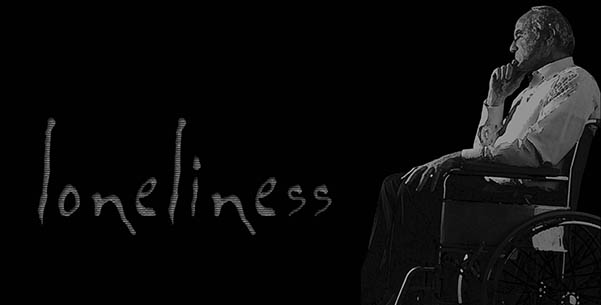Loneliness is a health hazard, especially for seniors
As we get into our senior years, we become more isolated which can lead to loneliness, depression, and increased health risks which are all connected.
Whether this shrinking social circle is due to the loss of a spouse or friends, retirement from a job, physical limitations, or perhaps a move where there are few contacts, loneliness is a serious problem that needs to be addressed.
Today, one in five seniors live in isolation.
With that statistic, it’s not surprising that many of my clients present with social isolation or loneliness. Aging Life Care Managers can help identify if loneliness is a component of any problem they are hired to help a client or family solve. Some of the more obvious solutions are going to a senior center or enrolling in an adult day program for socialization and stimulation. However, some seniors do not identify with other seniors or are unhappy in these settings.
One client I work with is a remarkable 97-year old who has been a widow for nearly five years. He stays socially connected by volunteering at the local hospital, and running Shabbat services on Fridays at his synagogue. He also routinely meets people for lunch or dinner, and is out often attending concerts, lectures at the library, and classes and religious services every week. He no longer cooks, but regularly eats at restaurants where the staff all know him and treat him as a family member. Although he is living alone, he has found ways to be very socially active and stay connected to others. His overall outlook and relatively good health seem to indicate his lifestyle is having a positive impact.
To read more about this important issue, click here to read an excellent article from the New York Times.
—————
by Joan Garbow, MSW, LCSW, CCM
Advanced Member of The Aging Life Care Association

